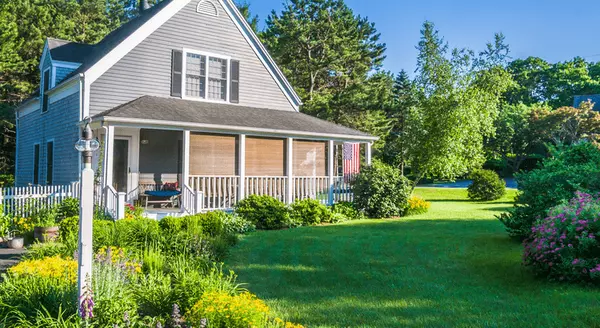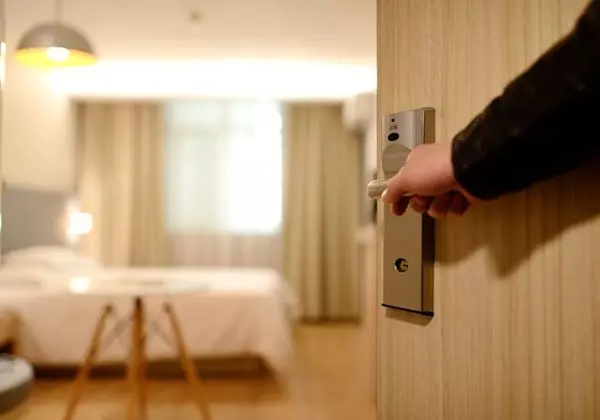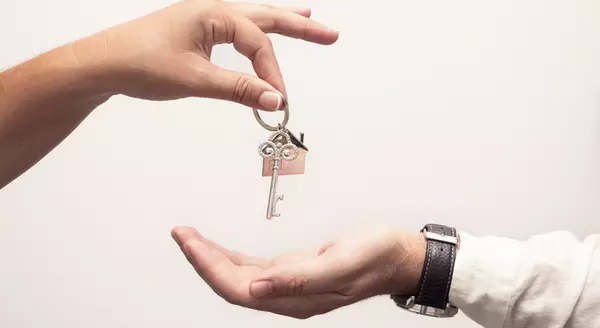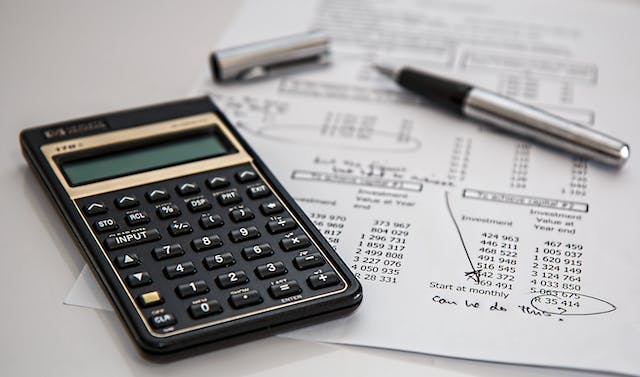
Owning a home is a dream come true for many, but the financial responsibilities extend far beyond the purchase price. In this blog, we'll unveil the often-overlooked expenses of homeownership, helping prospective buyers budget wisely and avoid surprises on the path to their dream home.
1. Property Taxes: Property taxes are a recurring expense that homeowners need to factor into their budget. The amount varies by location and property value, and it's essential to understand how often these taxes are assessed and paid.
2. Homeowners' Association (HOA) Fees: If your new home is part of an HOA, be prepared for monthly or annual fees. These fees contribute to the upkeep of communal areas, amenities, and sometimes include services like landscaping or trash removal.
3. Utilities: While renters often have utilities included in their rent, homeowners are responsible for all utility costs. This includes electricity, gas, water, sewage, and trash collection. Budgeting for these ongoing expenses is crucial for financial planning.
4. Home Maintenance: The wear and tear on a home are inevitable. Budgeting for regular maintenance, such as lawn care, gutter cleaning, and HVAC system servicing, can prevent larger, more costly issues down the line.
5. Insurance Premiums: Homeowners insurance is a must to protect your investment. Understanding the coverage and factoring the insurance premiums into your budget ensures that you're financially prepared for unexpected events.
6. Emergency Repairs: Even with regular maintenance, unexpected repairs can arise. Having an emergency fund for issues like a leaking roof, a malfunctioning furnace, or plumbing problems is essential for financial resilience.
7. Appliance Replacement: Appliances have a lifespan, and replacing them can be a significant expense. Budgeting for the eventual replacement of items like refrigerators, ovens, and water heaters ensures you're not caught off guard.
8. Landscaping and Outdoor Upkeep: Maintaining your outdoor space involves costs for landscaping, tree care, and lawn equipment. Whether you hire professionals or invest in your tools, these expenses should be considered in your homeownership budget.
9. Pest Control: Regular pest control is a preventative measure that can save homeowners from dealing with more extensive infestations. Including pest control in your budget helps keep your home pest-free.
10. Home Improvement Projects: Many homeowners embark on improvement projects to personalize their space or enhance its value. Whether it's a kitchen remodel or a new deck, budgeting for home improvements ensures you can enhance your home without straining your finances.
Conclusion:
While the purchase price is a significant upfront cost, it's the ongoing and often hidden expenses that define the true cost of homeownership. Being aware of these expenses and budgeting for them allows homeowners to enjoy the pride of ownership without financial stress. Consider this blog your guide to navigating the hidden costs of homeownership and ensuring a financially sound and enjoyable homeownership journey. 🏡💰✨
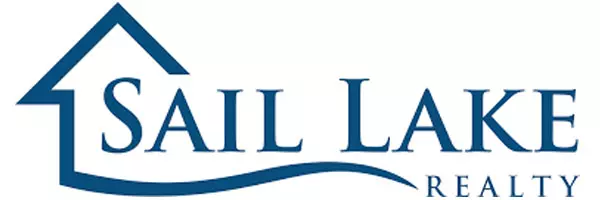
![Builders Are Building Smaller Homes [INFOGRAPHIC]](https://img.chime.me/image/fs/chimeblog/20240504/16/w600_original_39aacbf5-2468-464c-acda-b86e3e29eff4-png.webp)




